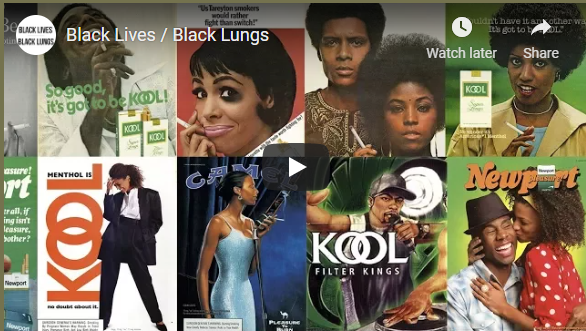
The African Americanization of Menthol
It is no accident that African Americans disproportionately smoke menthol cigarettes and suffer and die more than whites from tobacco-related disease. Dating as far back as the 1950’s, the tobacco industry was developing deliberate strategies to increase tobacco sales to the African American community. They endeavored to curry favor among African American leaders and organizations while simultaneously ramping up their efforts to increase menthol product appeal to the African American community. The tobacco industry was one of the first to hire and promote Blacks. They advertised in cash-strapped African American...

Menthol Contributes to Health Disparities between Black and White Americans
In 2013, the U.S. Food and Drug Administration (FDA) released a report finding that menthol cigarettes lead to greater addiction and decreased success in quitting smoking. The cooling and anesthetic effect of menthol allows smokers to inhale more deeply and hold the smoke in the lungs longer, increasing their exposure to the dangerous chemicals in cigarette smoke. As a result, menthol smokers show significantly higher levels of nicotine addiction compared with non-menthol smokers, increasing the health risks of tobacco use for menthol users and making quitting more difficult. Nearly 9 out of 10 adult African American smokers smoke menthol,...
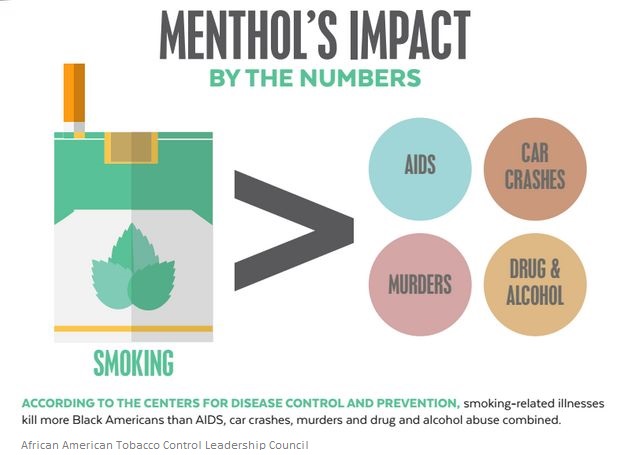
Honoring African American Tobacco Control Leaders
Today we're celebrating Black History Month by recognizing the African American tobacco control leaders who have been battling tirelessly to end the death and disease caused by the tobacco industry's relentless and targeted marketing of menthol cigarettes to the black community. These champions include Dr. Phillip Gardiner and Carol McGruder, Co-Chairs of the African American Tobacco Control Leadership Council (AATCLC), and Dr. Valerie Yerger, a founding member of the Council and faculty at UC San Francisco. There are countless others. Together, they elevated awareness of the disproportionate impact of tobacco use on African Americans and...

Giving Thanks in 2020
The year 2020 will long be remembered as the year of the global pandemic that took an unprecedented toll on community members' financial stability, health, and well-being. The loss of lives and livelihoods will surely be felt for many years to come. But even in the midst of what is arguably the biggest public health crisis of our lifetimes, we can pause and find reasons to be thankful because the year 2020has also delivered some significant public health gains in tobacco control, gains that will improve the health of all Capital District residents. Top Ten Public Health Successes For Which We Are Thankful An end to the sale of flavored...
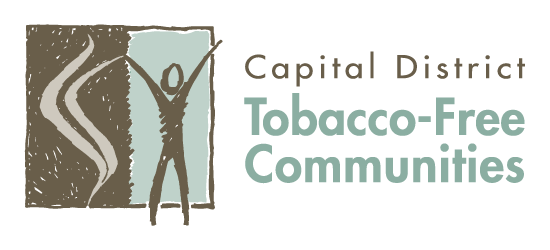
New Siena College Research Institute Community Survey Finds Majority of Capital Region Residents Support Tobacco Control Policies
A community survey conducted this spring and summer by Siena College Research Institute (SCRI) on behalf of Capital District Tobacco-Free Communities (CDTFC), reveals that most Capital Region residents in Albany, Rensselaer and Schenectady counties support tobacco control policies. SCRI surveyed residents within the three counties about various tobacco-related topics ranging from policies prohibiting smoking in public areas like beaches and parks, to smoking in apartment buildings, as well as opinions on exposure to tobacco marketing in and out of stores, and near schools. These questions gauge community support of evidence-based policy...


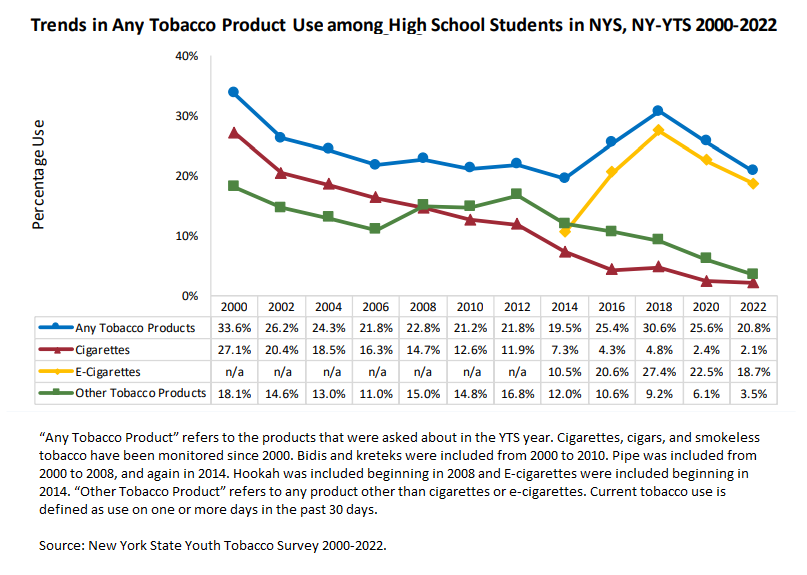
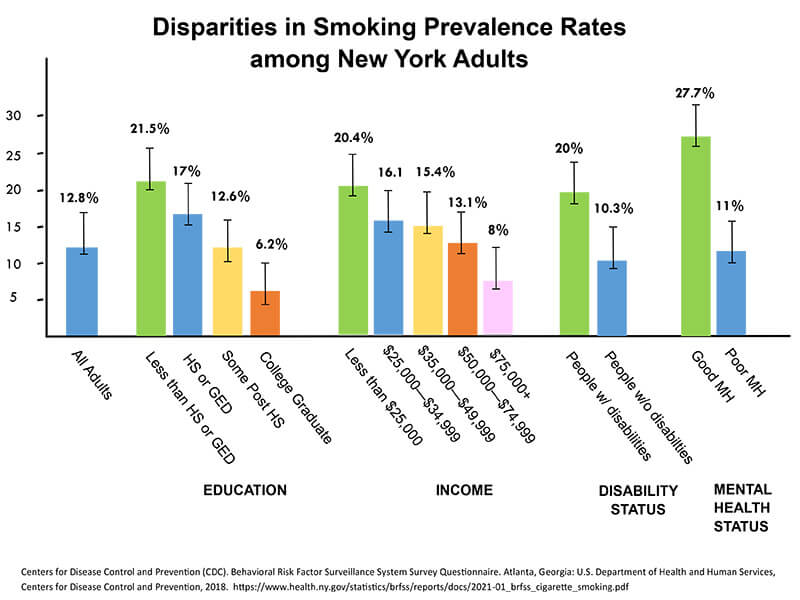
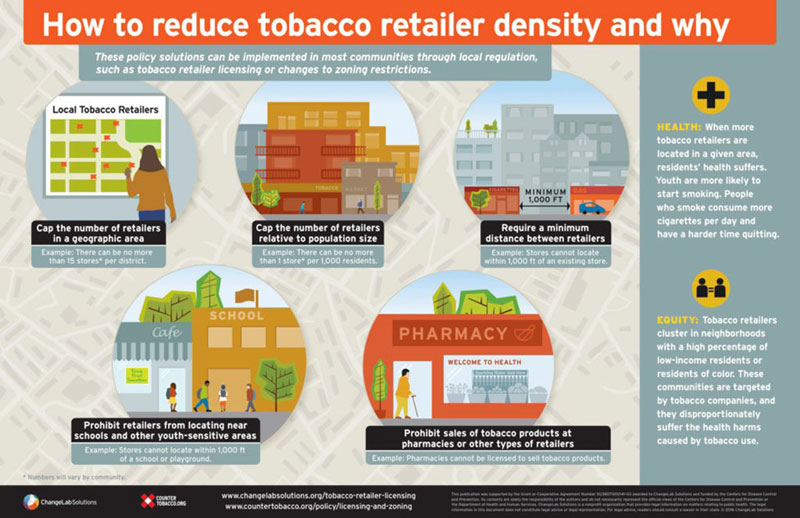



 To the left is a typical tobacco product display. If you don’t use tobacco, you may not even notice, but kids do. Kids see. Kids notice. Kids remember. In fact, kids are more than twice as likely as adults to notice and remember retail tobacco marketing.
To the left is a typical tobacco product display. If you don’t use tobacco, you may not even notice, but kids do. Kids see. Kids notice. Kids remember. In fact, kids are more than twice as likely as adults to notice and remember retail tobacco marketing.